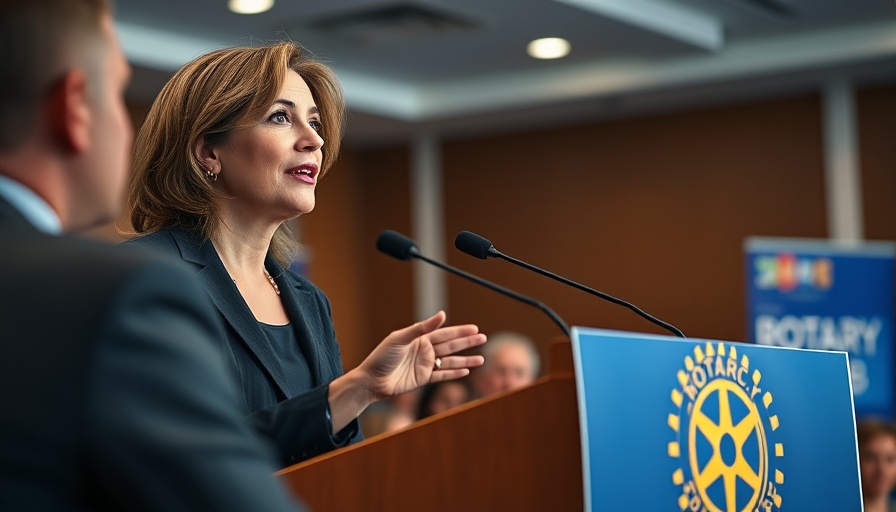
Evansville's Animal Control Reform: A New Era for Community Relations
The recent enactment of reforms in Evansville's animal control department marks a significant shift in how the local government addresses animal welfare and community engagement. This initiative is designed not only to improve the treatment of animals but also to foster better relationships between residents and the city's animal control officials.
Understanding the Need for Reform in Animal Control
Historically, animal control has often been viewed as a punitive force rather than a supportive entity. In various communities, including Evansville, there were concerns about how animal control officers interacted with the public. By implementing reforms, the city aims to transform animal control's role into one that emphasizes education, community support, and proactive measures to prevent animal neglect and abuse.
Benefits of the Reforms: A Community-Focused Approach
The reforms being introduced are multifaceted, including training for officers on effective communication and conflict resolution with pet owners and residents. This step not only promotes healthier interactions but also builds trust within the community. A well-informed animal control department can serve as a resource for pet-related issues, rather than just law enforcement, enhancing the overall quality of life for both pets and residents alike.
Future Trends in Animal Control and Community Relations
As Evansville capitalizes on these reforms, it sets a precedent for neighboring cities in northwestern Indiana. With a renewed focus on humane education and community involvement, other municipalities may follow suit, realizing the potential benefits of adopting a similar humane framework. Future trends may include community outreach programs, partnerships with local non-profits focused on animal welfare, and increased funding for education initiatives regarding responsible pet ownership.
Taking Action: How Can Residents Get Involved?
Residents of Evansville are encouraged to engage with their local animal control department by participating in public meetings and voicing their concerns and suggestions. This participatory approach ensures that the reforms remain relevant to the community’s needs and expectations. By working collaboratively, residents, animal control officers, and local leaders can create a more compassionate and effective system for animal welfare.
In conclusion, the reforms in Evansville's animal control department are not just about changing policies; they are about reshaping the community's approach to animal welfare and fostering a sense of shared responsibility. As the city moves forward with these initiatives, staying informed and involved can lead to a more harmonious living environment for all.
 Add Row
Add Row  Add
Add 




Write A Comment